 by Chris Banescu –
by Chris Banescu –
There are four guiding principles that leaders must consider when leading their employees. All rewards and recognition programs should be: personalized, noteworthy, meaningful, and motivating. This raises the bar on organizational performance, helps motivate employees, promotes and strengthens employee engagement, and nurtures healthy and constructive competition based on value-creation and operational excellence.
“The right total rewards system – a blend of monetary and nonmonetary rewards offered to employees – can generate valuable business results.” – Robert L. Heneman, Ph.D.
“[Think about] actions that are meaningful to [the employee] versus what’s meaningful to the giver.” … “We tend to give appreciation in ways that are meaningful to us, but if [the recipients] think it’s not authentic, it can create damage and make them think you’re trying to manipulate them.” – Paul E. White, Ph.D. [Read more…]

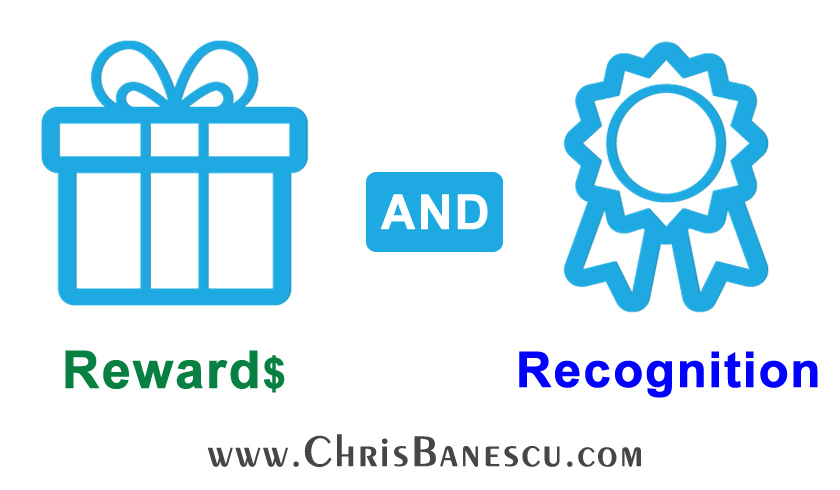 by Chris Banescu –
by Chris Banescu –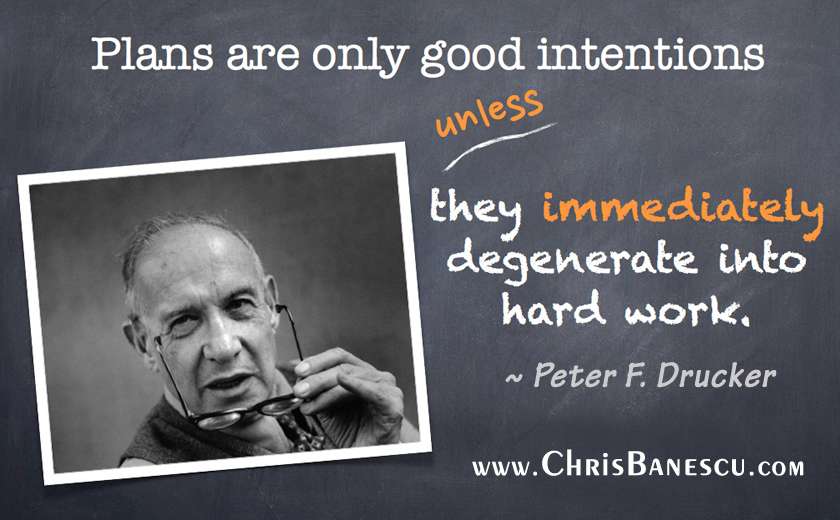
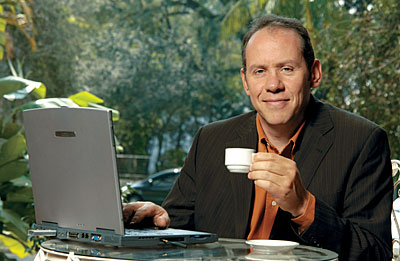 by Brad Wieners –
by Brad Wieners –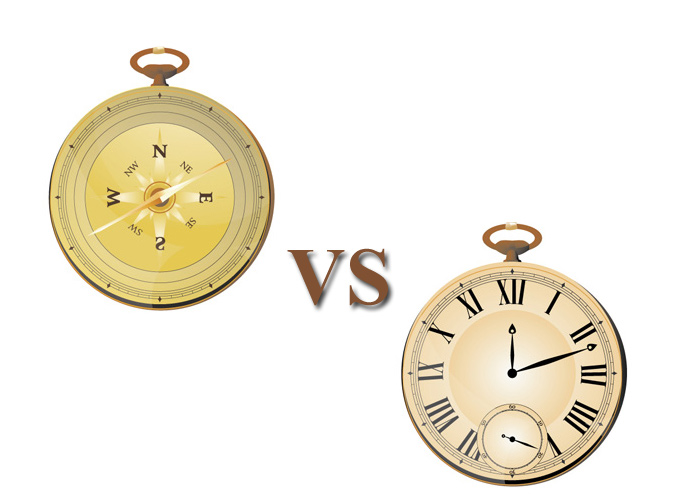 by Chris Banescu –
by Chris Banescu –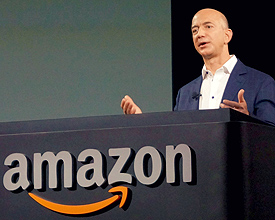 Chris Banescu –
Chris Banescu – by Don Peppers –
by Don Peppers –